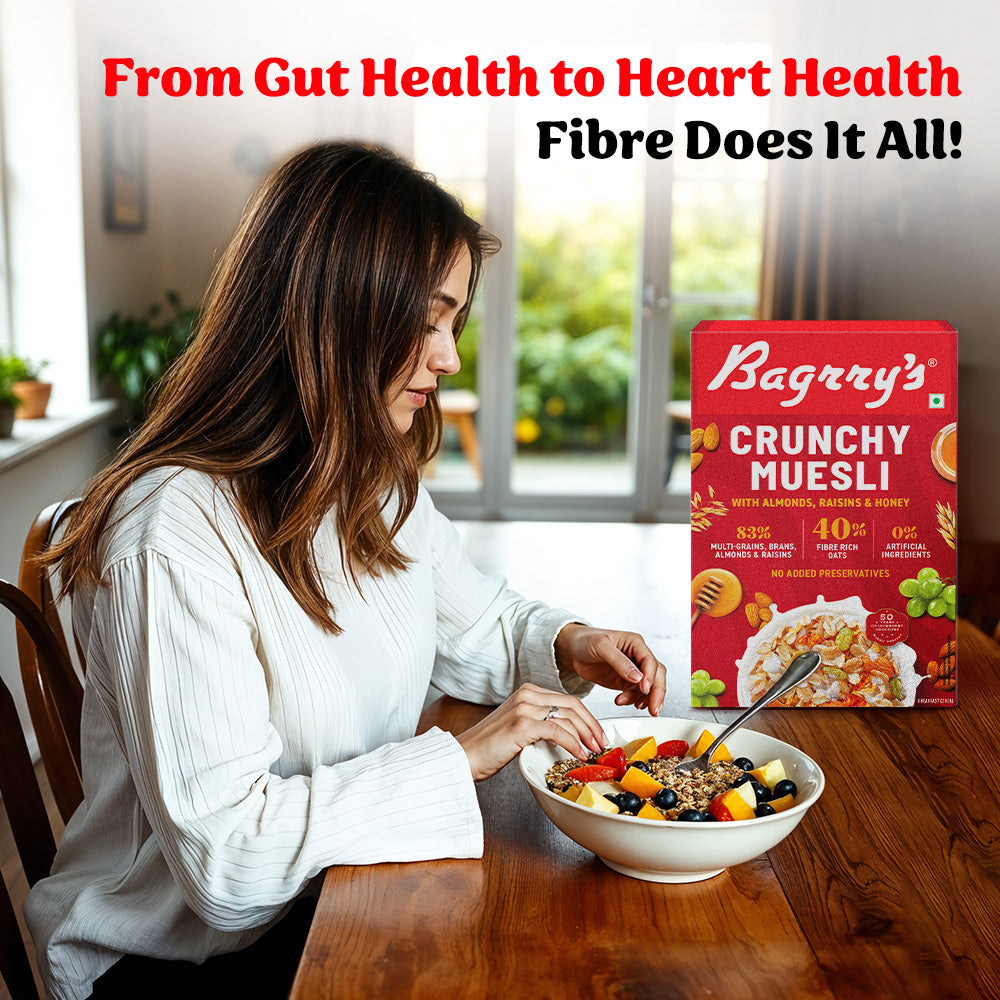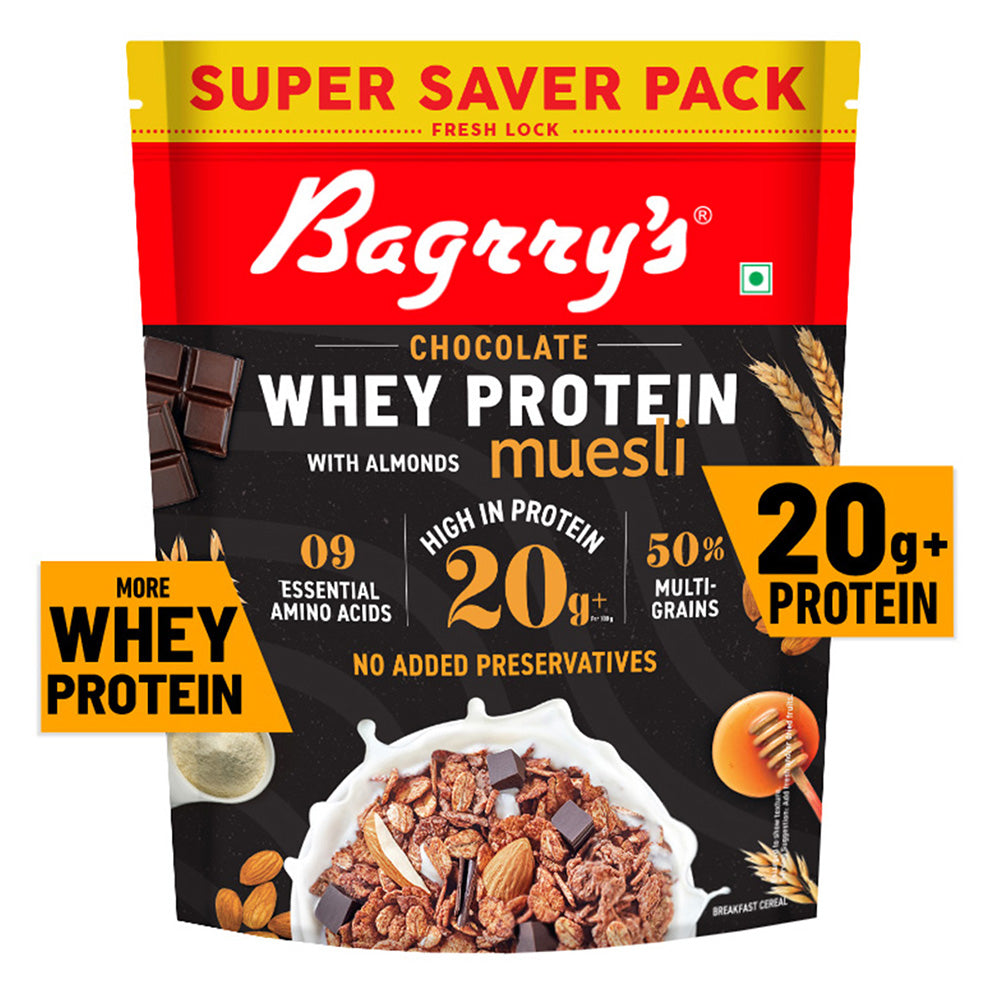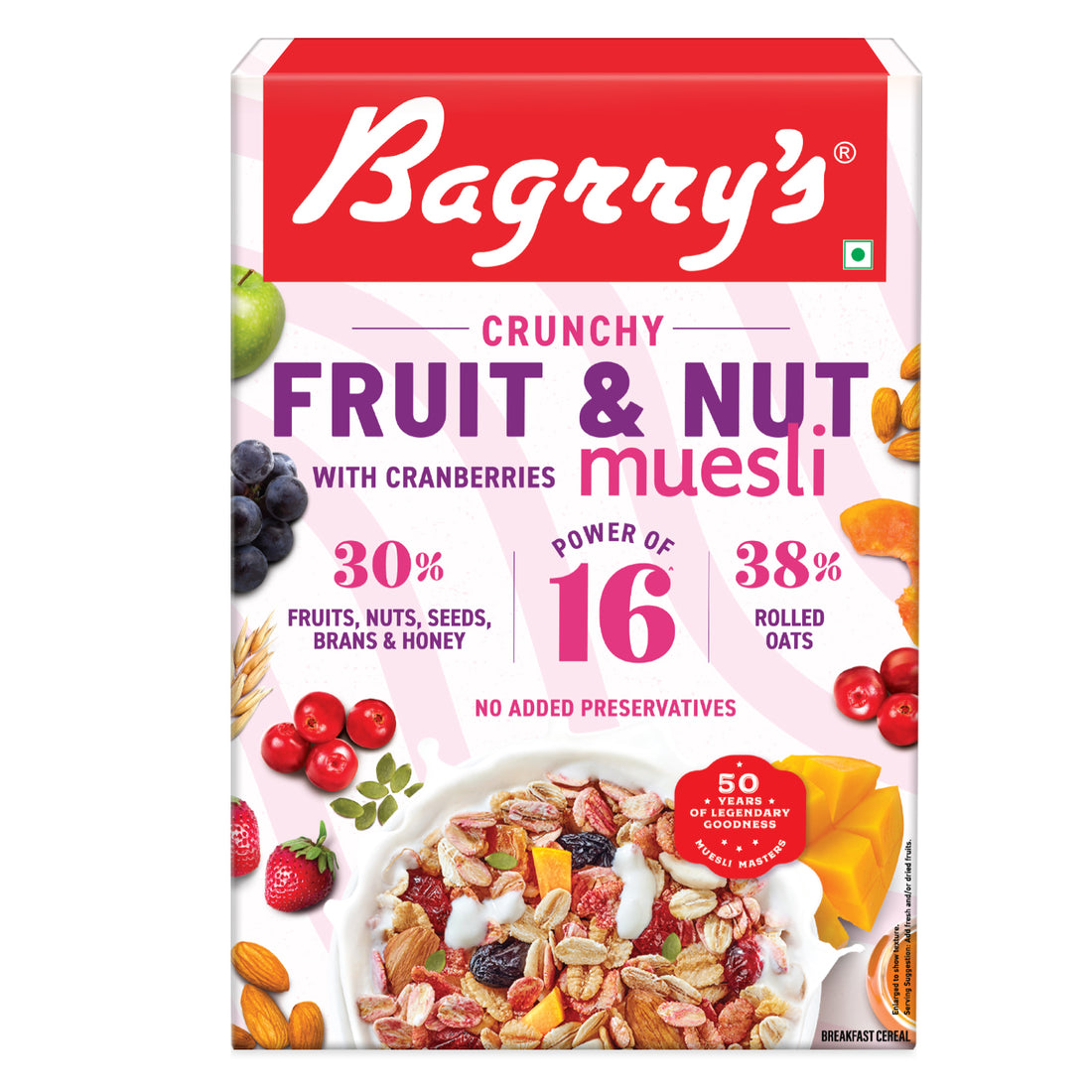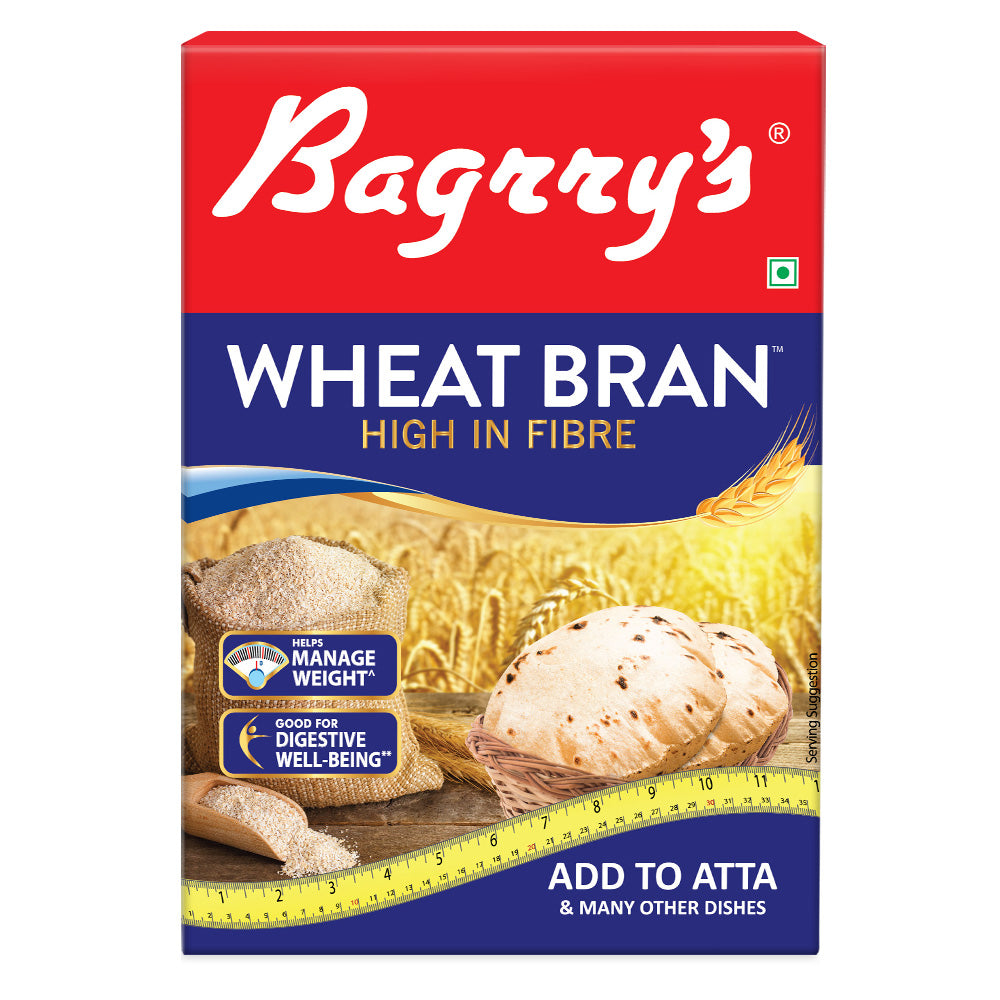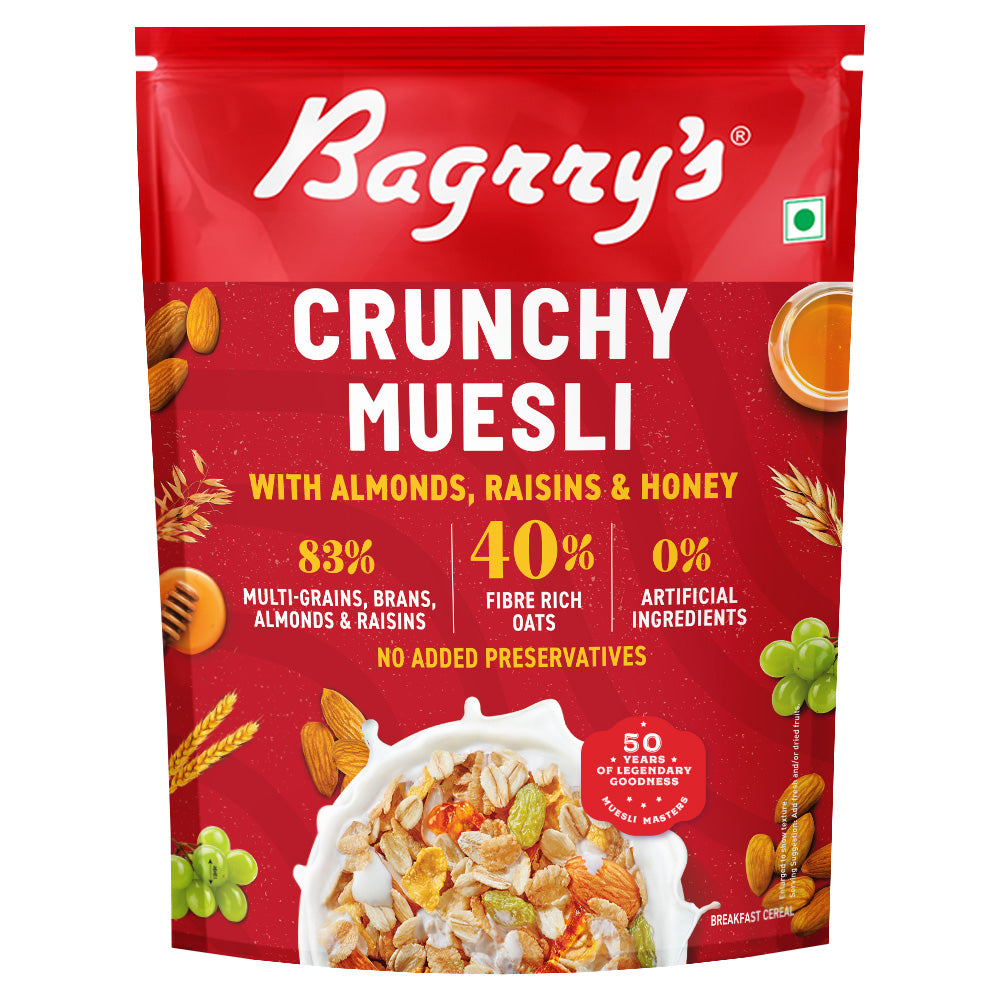Check for Organic Certification

The first thing to look for when buying honey is an official organic certification. Organic honey comes from bees that feed on nectar from organically grown flowers, and the beekeepers must follow stringent standards. The certification guarantees that no synthetic chemicals or pesticides are used in the production process. Look for labels such as India Organic, or other country-specific certifications that ensure the honey has met these organic requirements.
Read the Label Carefully

Raw honey is honey in its most natural form—it hasn’t been heated or pasteurised, which means it retains all the beneficial enzymes, vitamins, and antioxidants. Unfiltered honey still contains small amounts of bee pollen, propolis, and honeycomb, adding to its health benefits. These elements are often removed during pasteurisation or filtration, which can compromise the nutritional profile of the honey. Always aim for raw, unfiltered & unpasteurized organic honey for the highest quality.
Consider the Source
Knowing where your honey comes from is essential. Honey sourced from regions known for organic farming practices and rich biodiversity often offers a better-quality product. Local honey also has the added advantage of being adapted to your environment, which can be helpful for managing seasonal allergies. Bagrry’s Organic Wild Honey is sustainably sourced from certified organic farms, ensuring that every drop is harvested with kindness, without compromising the environment or the health of bees.
Pay Attention to Colour and Consistency
Organic honey can vary in colour and texture, depending on the flowers the bees pollinate. Generally, darker honey has a stronger flavour and higher antioxidant content, while lighter honey has a milder taste. The texture should be smooth but may crystallise over time, which is a natural process in unfiltered honey. If the honey remains in a liquid form for an extended period, it could be a sign of added sugars or overprocessing. Embrace natural crystallisation as a sign of purity.
Taste Matters
Good honey should have a rich, floral taste that reflects the nectar source. Whether you prefer a mild or robust flavour, the best organic honey will offer a nuanced, natural sweetness that doesn’t taste overly processed. Each spoonful should remind you of the wildflowers and herbs from which it originated. Bagrry's Organic Wild Honey, known for its balanced flavour, provides a delicate yet rich taste, making it the perfect addition to tea, toast, or even baking.
Avoid Ultra-Processed Honey
Many commercial honey brands are subjected to ultra-processing, which includes high levels of heating and filtering. This process strips honey of its natural enzymes and antioxidants, reducing its health benefits. Organic honey is typically processed minimally, ensuring it retains all its natural goodness.
Sustainability and Ethical Practices
Choosing honey from brands that prioritise sustainability and bee welfare is crucial. The alarming decline in bee populations worldwide is a significant environmental concern. When choosing honey, ensure that the brand supports ethical beekeeping practices, protecting bees and their natural habitats. Bagrry’s Organic Wild Honey is harvested through an ethical and sustainable process, without harming bees or nature, in compliance with Good Beekeeping Practices (GBP), so their ecosystems are respected and preserved for future generations.
Price and Value
Organic honey tends to be more expensive than regular honey, but it’s worth the investment. Cheaper varieties often indicate over-processing or dilution with additives, which diminish the quality and health benefits. When you invest in organic honey, you’re not only paying for its purity but also for environmentally friendly production methods that ensure a better product.
With a tagline of ‘LET’S PUT HEALTH FIRST,' Bagrry's makes products that are healthy, honest, innovative, and of exceptional quality. For over 25 years, Bagrry’s has aimed at setting new standards in innovation, responsible nutrition, and quality manufacturing.
Conclusion
Choosing the best organic honey boils down to understanding its source, production methods, and overall quality. By looking for organic certification, checking for raw and unfiltered varieties, and considering the source and taste, you can ensure you’re getting a product that’s not only delicious but also beneficial to your health.
Bagrry’s Organic Wild Honey, with its commitment to purity, sustainability, and ethical beekeeping practices, stands as a perfect example of what organic honey should be. Whether you're drizzling it over your breakfast, adding it to a recipe, or simply enjoying a spoonful on its own, you can rest assured that you’re choosing a product that's as close to nature as it gets.





